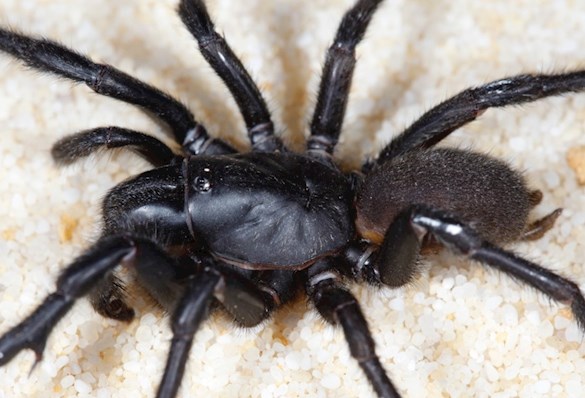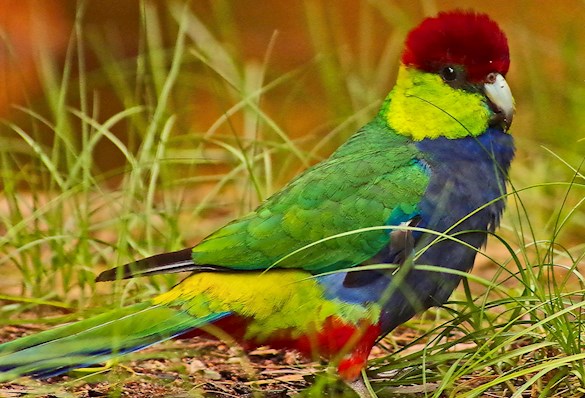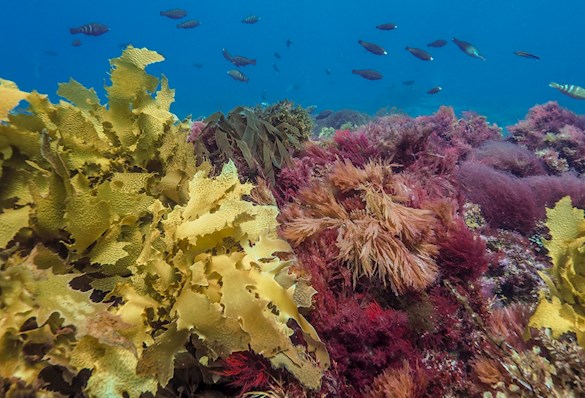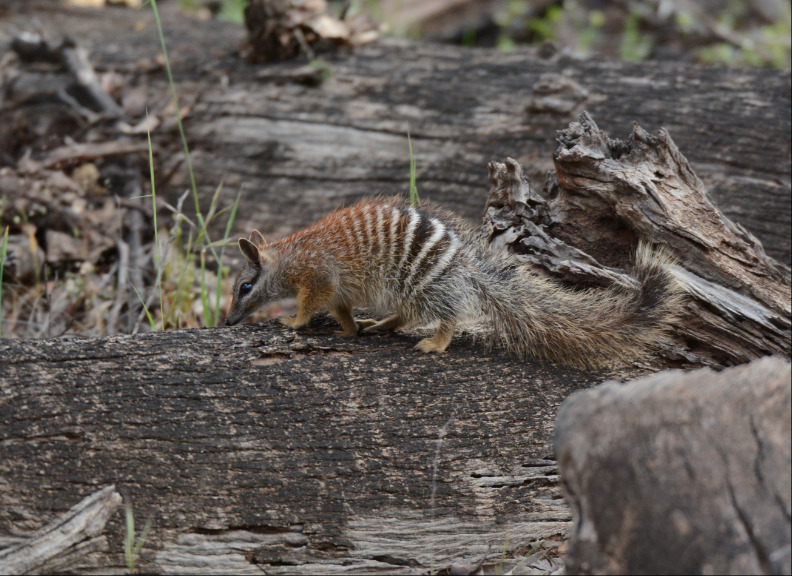
PROJECT
Using strong genotypes to boost resistance and restore threatened kelp forests
Restoring kelp forests by boosting population resilience through identification and breeding of strong individuals
This project will use cutting edge genetic analyses to identify strong genotypes in natural ‘bright spots’ where surviving kelps have resisted or adapted to degraded conditions. This will provide a foundation to develop innovative proactive restoration and conservation solutions to breed resistance or promote recovery of degraded systems.
Research on marine habitat loss has mainly focused on negative impacts and declining performance of foundation species, and the effectiveness of passive strategies for recovery (e.g. marine reserves). Instead, an innovative approach targets individuals and areas that perform well under stress (‘bright spots’) to discover mechanisms, traits and active interventions that promote persistence.
This project will use cutting edge genetic analyses to identify strong genotypes in natural ‘bright spots’ where surviving kelps have resisted or adapted to degraded conditions.
This will provide a foundation to develop innovative proactive restoration and conservation solutions to breed resistance or promote recovery of degraded systems. This is a collaborative project between UWA and the NSW Department of Primary Industries.
All students will be based in the School of Biological Sciences & the UWA Oceans Institute at the University of Western Australia (Crawley Campus or Watermans Bay Marine Laboratory, Perth), where they will work as part of a diverse team of researchers, post-graduate and under-graduate students. A strong academic record, quantitative skills and experience with marine ecology will be necessary for all projects. Most projects are likely to involve a combination of database, laboratory and/or field work. Some time spent away on field trips and research visits must be anticipated for most projects.
Research team leader: Professor Thomas Wernberg
I am a Professor of Marine Botany and a former Australian Research Council Future Fellow in the School of Biological Sciences, based within the UWA’s Oceans Institute.
My research covers a broad spectrum of topics, but my primary interests lie in the ecological interactions in and around shallow sub-tidal habitats. Although my interests are broad, and the principles I study general, much of my work has focused on temperate seaweed-dominated habitats, especially kelp forests.
How to Apply
Check criteria
- To be accepted into the Doctor of Philosophy, an applicant must demonstrate they have sufficient background experience in independent supervised research to successfully complete, and provide evidence of English language proficiency
- Requirements specific to this project - A strong academic record, quantitative skills and experience with marine ecology (MSc or 1st class Honours) is required
Submit enquiry to research team leader
- Contact the research team leader by submitting an Expression of Interest form via the button below
- After you have discussed your project with the research team leader, contact [email protected] to proceed with your application
Scholarships
- Scholarship specific to this project
- Australian and New Zealand candidates are expected to apply for and secure an Australian Postgraduate Award (APA/UPA). International candidates are also welcome; they would need to full-fill all requirements for admission into the UWA PhD Program and apply for, and secure, an International Postgraduate Research Scholarship (IPRS), Endeavour Award or similar. Please visit the UWA Scholarships web page for more information.
- Domestic students
-
All domestic students may apply for Research Training Program and University Postgraduate Awards (UPA) scholarships
- Indigenous students
- Indigenous students are encouraged to apply for Indigenous Postgraduate Research Supplementary Scholarships.
- International students
-
A range of scholarships are available from international organisations and governments. The full list, organised by country, is available on the Future Students website.
In addition, all international students may apply for International Research Training Program scholarships.
- Forrest Foundation scholarships
- All international and Australian students who wish to study towards the degree of Doctor of Philosophy (PhD) at The University of Western Australia may apply for Forrest Scholarships.







































